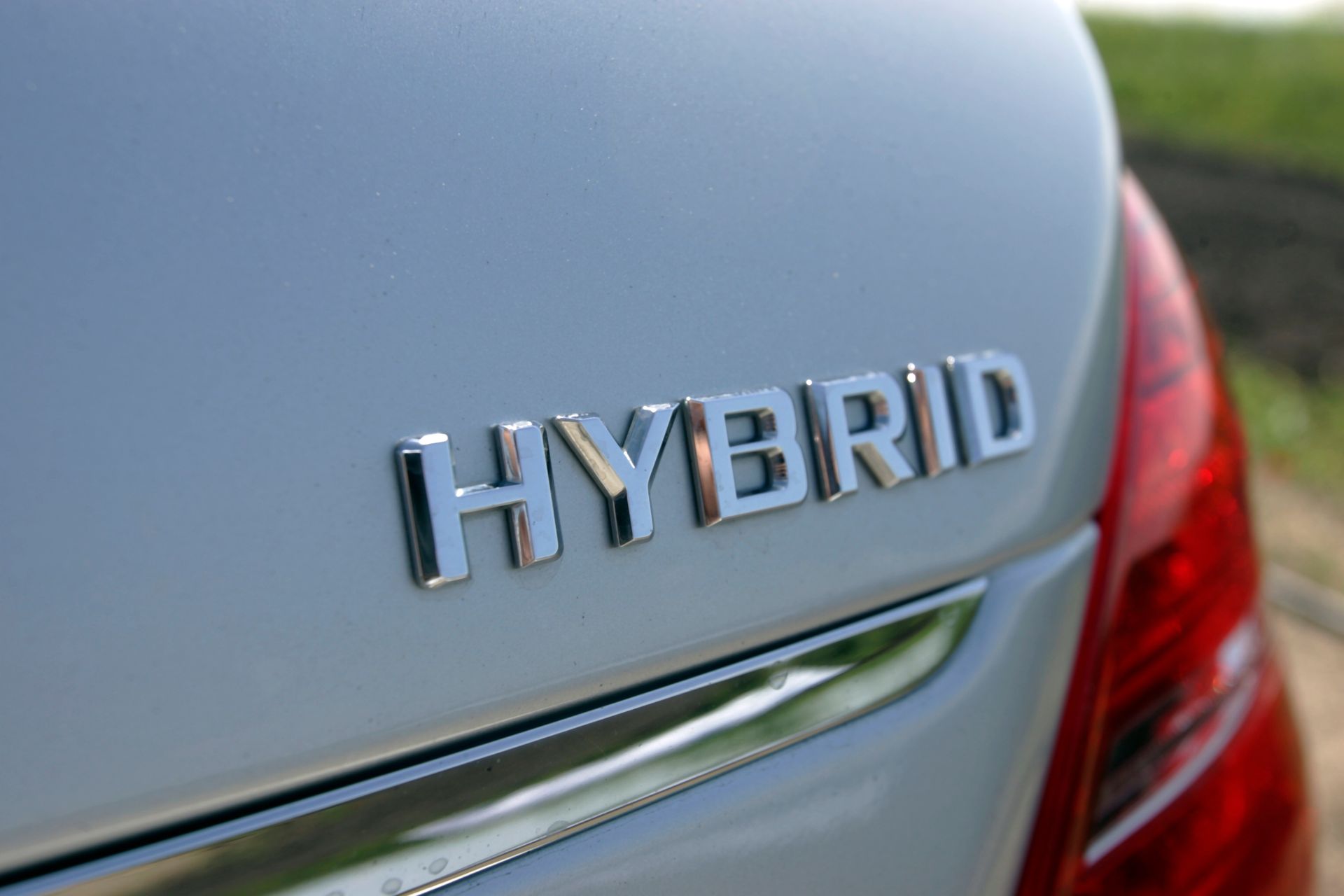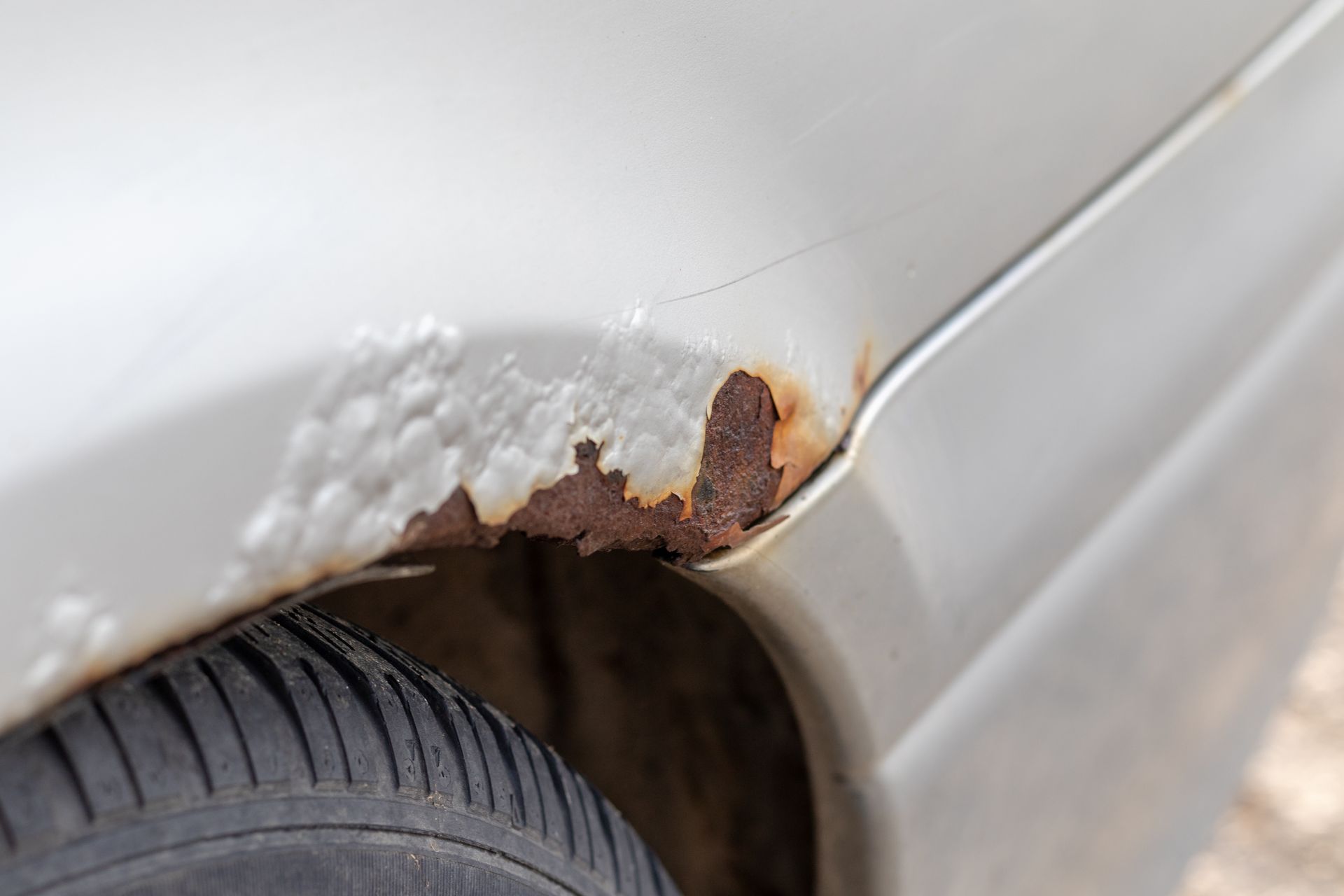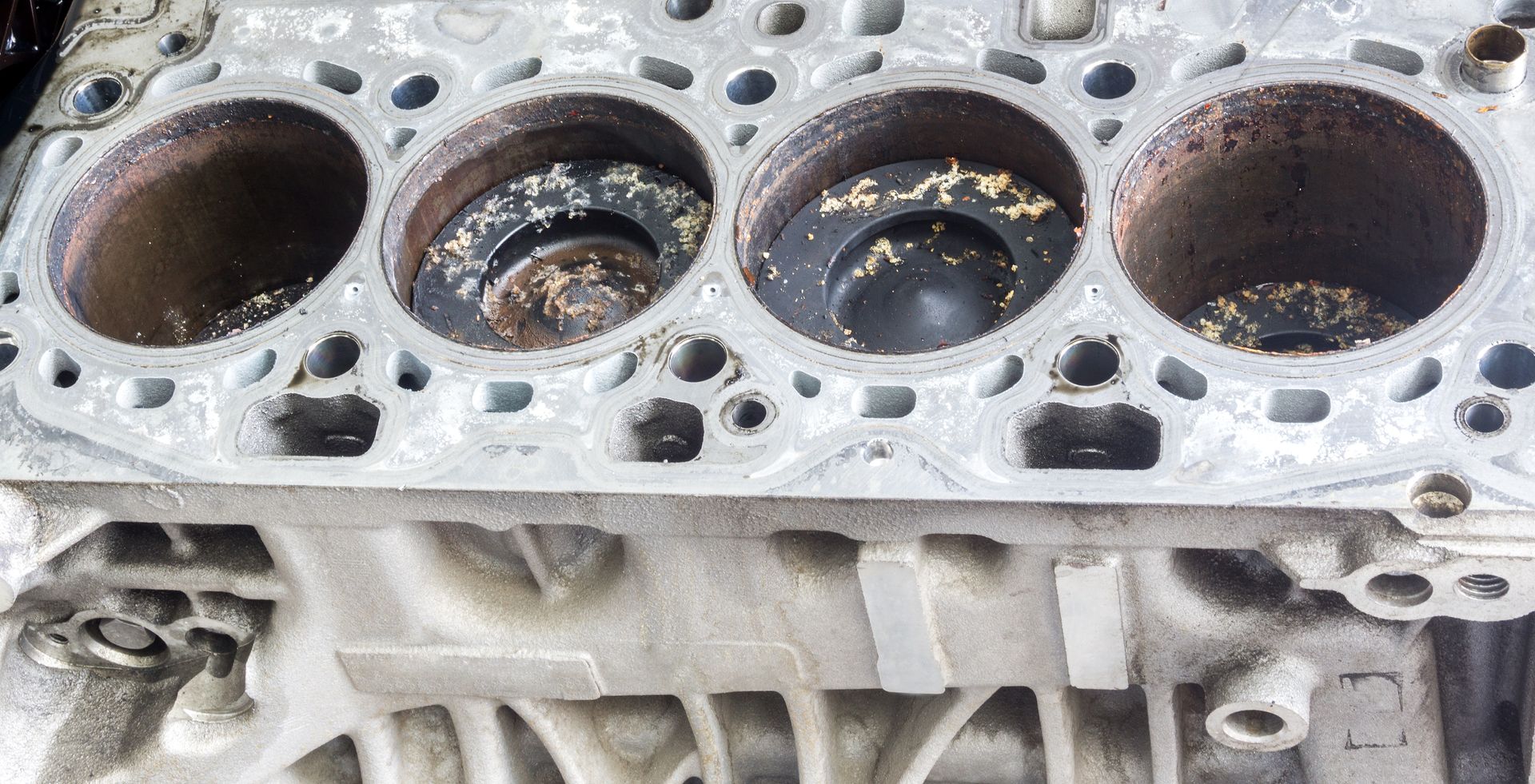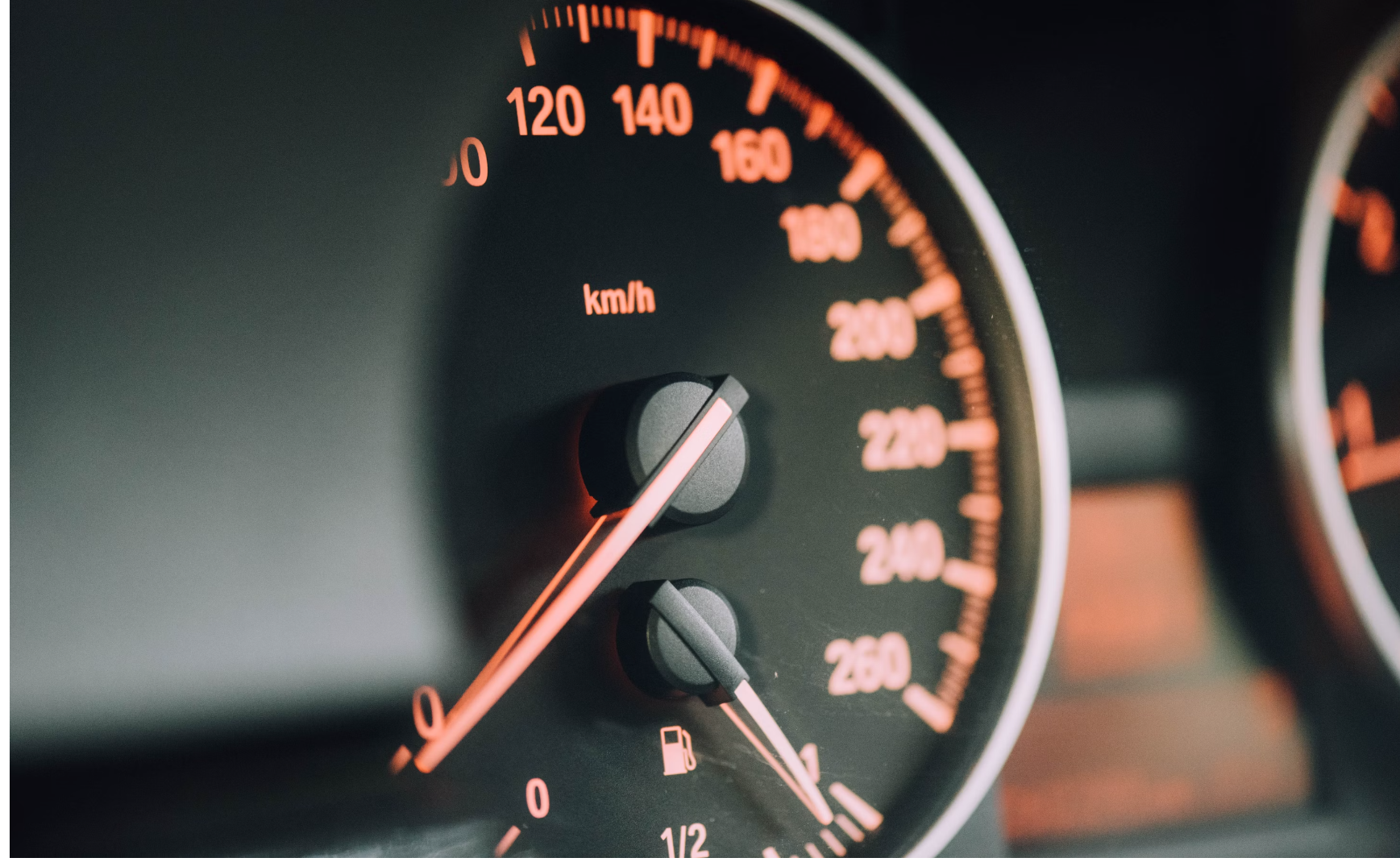Formerly LK's Auto | Under New Management
LK's Auto is now Complete Auto Repair!
We are under new management and a one-stop auto repair shop offering the same exceptional level of service you can trust.
Loading ...
Missing business hours data / Error occurred while getting the data.
Formerly LK's Auto | Under New Management
LK's Auto is now Complete Auto Repair!
We are under new management and a one-stop auto repair shop offering the same exceptional level of service you can trust.
Loading ...
Missing business hours data / Error occurred while getting the data.
What Are the Essential Pre-Trip Inspection Steps?
October 29, 2024
Whether you're preparing for a long road trip or simply want to ensure your vehicle is in top shape for everyday driving, conducting a thorough pre-trip inspection is essential. Skipping this important step can lead to unnecessary breakdowns, costly repairs, or even accidents on the road. So, what should you check before hitting the road?
1. Tire Inspection
Your tires are the only point of contact between your vehicle and the road, making them one of the most vital components to inspect before a trip. Start by checking the tire pressure using a tire gauge. Proper inflation ensures better fuel efficiency and smoother handling and reduces the risk of a blowout. You can find the recommended tire pressure for your vehicle in your owner’s manual or on the driver’s side door jamb.
Next, take a close look at the tread depth. Worn-out tires reduce traction, especially in wet or slippery conditions, which can lead to skidding or hydroplaning. If the tread depth is below 2/32 of an inch, it’s time for a replacement. Don’t forget to check for any visible damage, such as cuts, punctures, or sidewall bulges, that might cause problems down the road.
Lastly, ensure your spare tire is properly inflated and that you have all the necessary tools to change a tire if needed.
2. Check All Fluid Levels
Your car relies on a variety of fluids to operate efficiently, and low or dirty fluids can lead to serious issues if not addressed. Begin with the engine oil, as it lubricates the engine’s moving parts and prevents overheating. Make sure it’s at the proper level and doesn’t look too dirty or thick. If it’s been a while since your last oil change, it might be wise to get it done before your trip.
Next, check the coolant level. This fluid is crucial for regulating your engine’s temperature, especially during long drives in hot weather. Running low on coolant can cause your engine to overheat, leading to major damage.
Other essential fluids to check include transmission fluid, brake fluid, power steering fluid, and windshield washer fluid. Keeping these at the correct levels ensures that your car runs smoothly and safely. If you’re unsure about how to check these fluids or when they were last replaced, ask a professional to assist you.
3. Test All Lights and Signals
Your vehicle’s lights and signals play a major role in ensuring safety on the road. Begin by testing your headlights, both low and high beams, to make sure they are bright and functioning correctly. Burnt-out headlights can reduce your visibility, especially during nighttime driving or in poor weather conditions.
Don’t forget to test your brake lights, turn signals, and hazard lights. These lights communicate with other drivers on the road, helping to prevent accidents by indicating your next move. Lastly, check the interior lights and dashboard indicators to ensure they are all working properly.
If any bulbs are out or dim, replace them before heading out on your trip. It’s always a good idea to carry extra bulbs in case one burns out while you’re on the road.
4. Brake System Check
Your brakes are arguably the most important safety feature of your vehicle, and any issues with them should be addressed immediately. Start by listening for any unusual sounds, like squeaking or grinding, when you apply the brakes. These noises may indicate worn brake pads or rotors that need to be replaced.
Next, feel for any unusual sensations when pressing the brake pedal. If the pedal feels spongy or if the vehicle takes longer to stop than usual, there could be a problem with the brake fluid or the brake system itself.
For peace of mind, consider having a professional perform a full brake inspection before your trip. This can include checking the brake pads, rotors, and fluid to ensure everything is in optimal condition.
5. Battery and Electrical System
The last thing you want is a dead battery in the middle of your trip. Before you hit the road, check your battery terminals for corrosion and ensure that the connections are tight. If your battery is more than three years old, it might be a good idea to have it tested to make sure it’s holding a charge properly.
Check your car’s electrical system, including the alternator and starter. A quick test at your local repair shop can confirm whether your electrical system is functioning as it should, so you don’t have to worry about unexpected breakdowns.
Need a comprehensive pre-trip inspection before your next adventure? Visit
Complete Auto Repair for professional and thorough maintenance. We’ll make sure your car is ready for the road so you can travel with confidence. Book your appointment today!


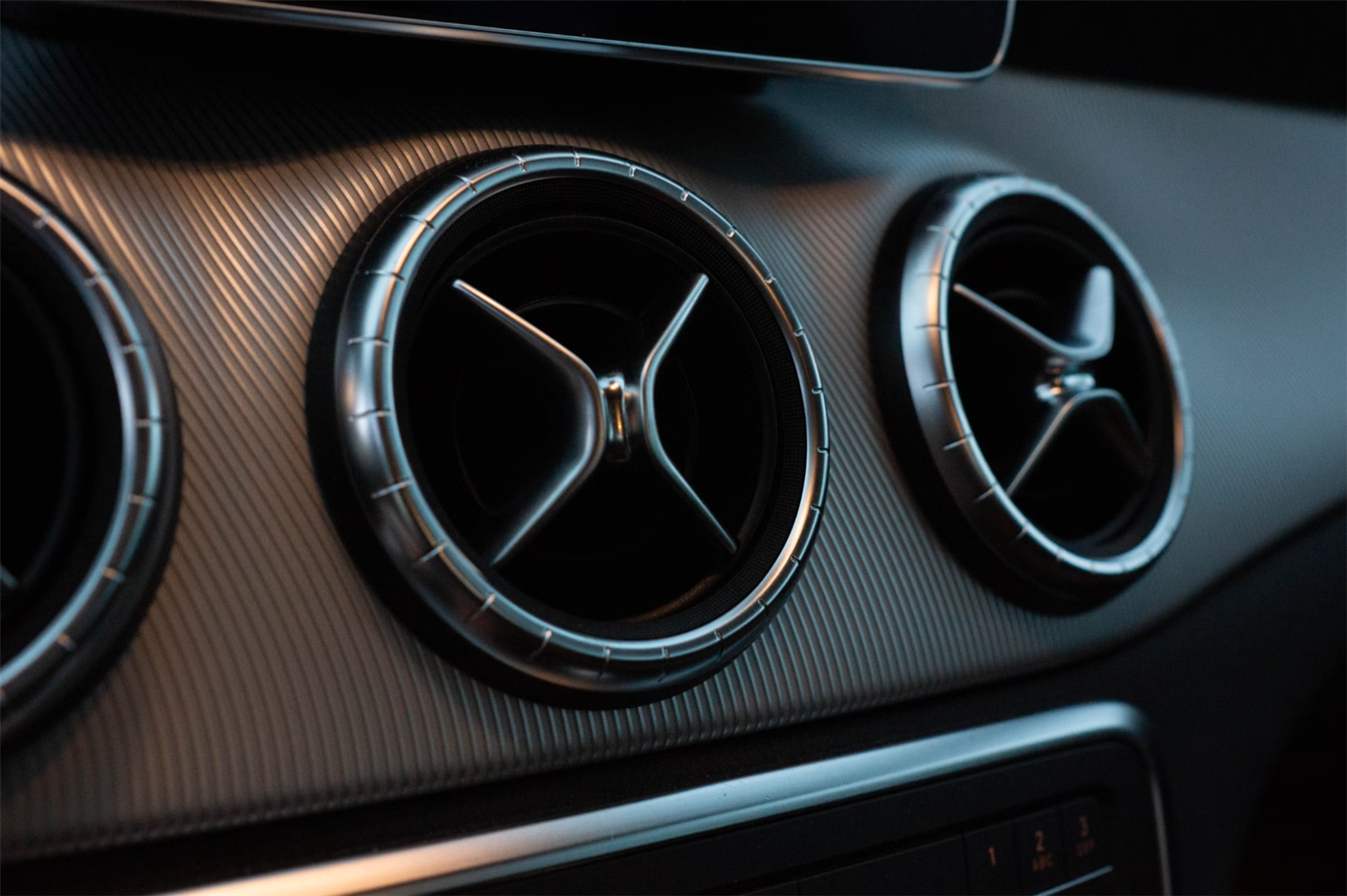
Loading ...
Missing business hours data / Error occurred while getting the data.
Having Trouble
Finding Us?
Serving:
Loading ...
Missing nap lines data / Error occured while getting the data.



